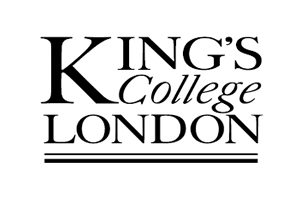Thomas Gray
(b. Dec. 26, 1716, 39 Cornhill, City of London – d. July 30, 1771, Pembroke College, Cambridge )
Gender: M
Thomas Gray (1716-1771) was the fifth of twelve children, and spent his childhood with his mother after she left his abusive father. While at school at Eton, he became a close friend of Horace Walpole, whom he accompanied on his Grand Tour of Europe. Gray began writing poetry in 1742, when he moved to Cambridge and began a self-directed programme of literary study. He spent most of his life as a scholar, and although he published only thirteen poems during his lifetime, he is regarded as the foremost English poet of the mid-18th century. In 1757, he was offered the post of Poet Laureate, which he refused. He was buried next to his mother in Stoke Poges, the setting for his famous Elegy in a Country Churchyard. In 1767 Gray wrote an Ode to celebrate the installation of the Duke of Grafton as Chancellor of Cambridge University; Grafton had nominated him to the chair of Regius Professor of Modern History, which he later obtained. Gray was a good friend of Rev William Robinson, younger brother of Elizabeth Montagu, and used to visit him at Denton Court near Canterbury.
Also known as:
- Thomas Gray
Authorities
| Electronic Enlightenment DOI |
| Oxford DNB DOI |
| VIAF Authority File ID |
| Wikipedia |
Mentioned in 9 letters
No transcribed letters| show both transcribed and un-transcribed letters in results
Please note that all dates and location information are provisional, initially taken from the library and archive catalogues. As our section editors continue to work through the material we will update our database and the changes will be reflected across the edition.
Browser support: The website works best using the Chrome, Edge, and Firefox browsers on the PC, and only Chrome and Firefox on the Mac.




